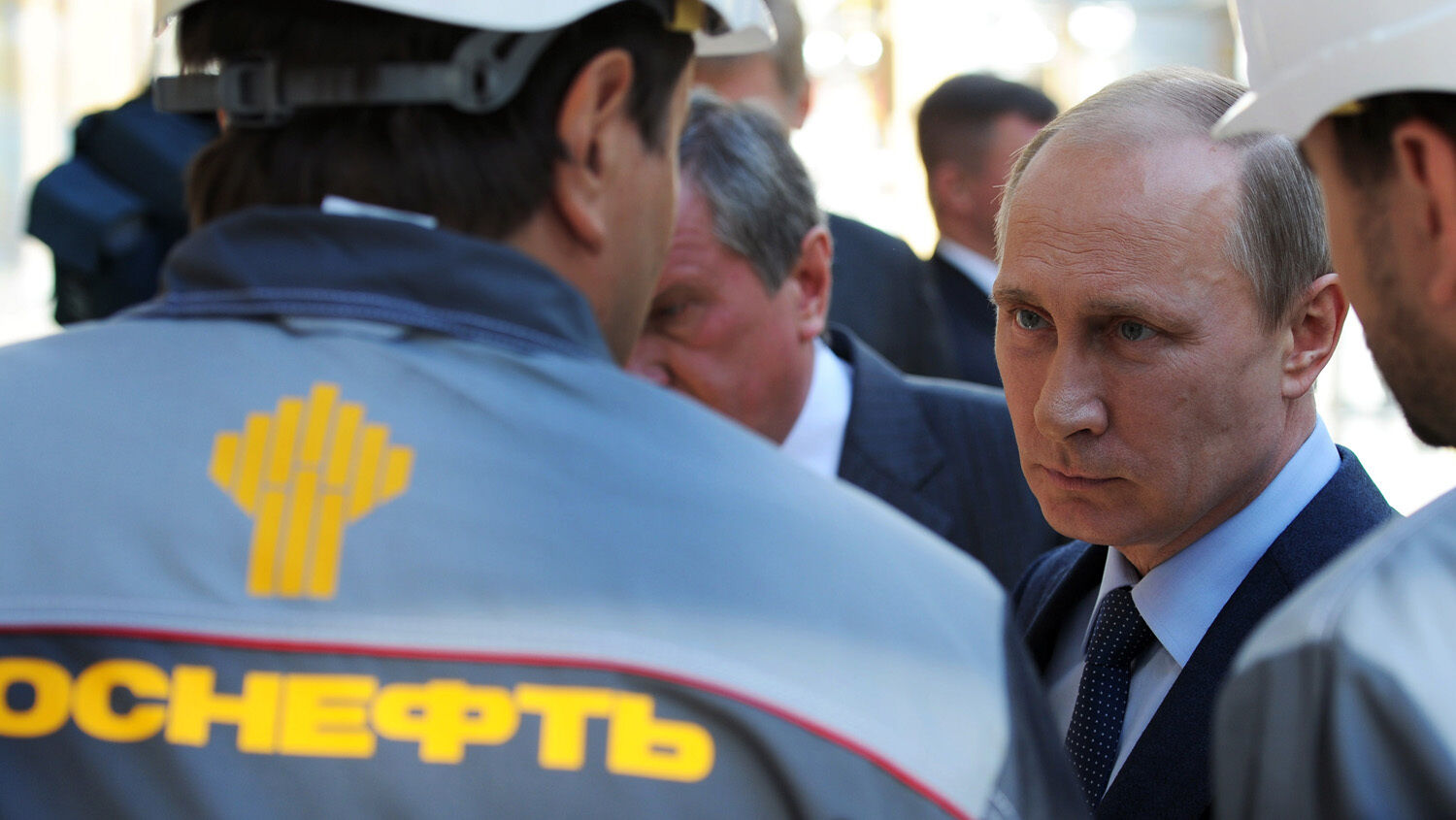
Russia’s Asia Pacific Market Power Move
Russia made its “single-largest foreign investment made anywhere in the world” on August 21. Rosneft, one of Russia’s leading petroleum corporations, acquired 49 percent of Indian oil company Essar Oil. The $12.9 billion sale was “the single-largest investment in India,” according to Essar.
The sale boosts Russia’s presence in the Asia-Pacific market as one of the world’s leading oil giants. Essar Oil is a large oil refinery that has typically worked with Iran. Historically, Russia’s most important customer has been Europe. But it is being hit by Western sanctions. Some European nations don’t want to rely on Russian energy and are looking for alternatives.
In response, Russia is already forming the world’s largest fuel network with China to sell oil east. Now it is looking to India too. The deal also gives Rosneft control of a deepwater port on the Indian Ocean.
“The closing of the deal is a remarkable achievement for Rosneft too, as the company has entered the high-potential and fast growing Asia-Pacific market,” said Rosneft ceo Igor Sechin, a key ally to Russian President Vladimir Putin.
This is the latest connection between these two country’s oil markets. Last year, a consortium of Indian oil companies, including Oil India Ltd., Indian Oil Corporation Ltd. and Bharat Petro Resources Ltd., bought a 23.9 percent stake in Rosneft subsidiary, Vankorneft—as well as another operator of a Siberian oil field. Over the first five months of 2017, Russian oil exports to India have already doubled their historical average level.
This is yet another sign of Russia’s push east. Closer energy ties are a key part of Russia’s warming relations with China.
The move also makes it easier for Russia to blackmail Europe. The more alternative markets they have for their oil and gas, the more credible any threats to cut off European powers are.
The Trumpet has long warned that Russia, China and other Asian countries, such as India, will soon form an Asian power bloc. In Russia and China in Prophecy, we write: “A giant Asian superpower, with a modernized Russia and China at the helm, will dramatically affect the course of history. … Other nations are prophesied to join this alliance—among them, India, with its 1.2 billion people and third-largest army in the world.”
The emergence of this power bloc has accelerated in the wake of Russia’s invasion of Crimea. Many Asian powers, including India, sided with Russia, not Europe and the United States. As we wrote in the aftermath of that invasion:
Russia has sometimes dragged its feet over energy deals with India and China, but that is now rapidly changing. Last month, Indian officials announced that they had come to an agreement with Moscow to build a $30 billion oil pipeline—the most expensive in the world—to bring Russian energy to India. The announcement was viewed as a direct result of Putin’s new look toward the East. …
Not to be outdone, a few days later China announced that later this month it will finally wrap up a 10-year series of talks with Moscow about Beijing buying massive quantities of Russian gas. Besides fuel and weapons, Russia also possesses military know-how, which Putin appears increasingly willing to share with his Asian neighbors. This willingness will be on full display in three weeks when Russia and China hold joint naval drills in the East China Sea.
For more on how ties between these powers will develop, read chapter 4 of our free booklet Russia and China in Prophecy: “India: Asia’s Other Economic Powerhouse.”
